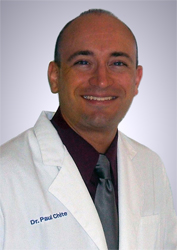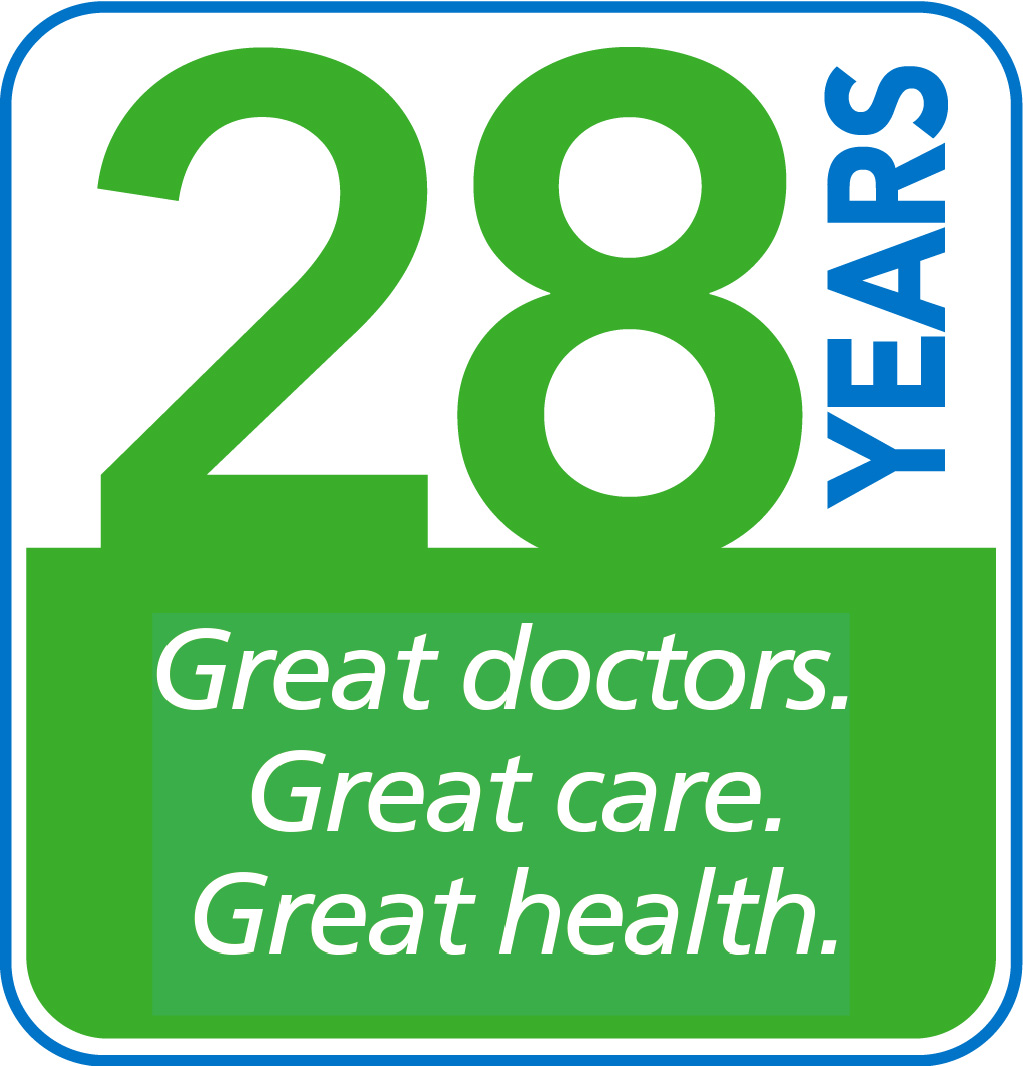Careful with the Caffeine

By: PAUL CHITE, M.D.
For most adults, caffeine helps us wake up in the morning and gives us a pleasant boost during the day. There are a variety of available caffeinated products to suit any taste, from tea and coffee to energy drinks and chocolate.
Caffeine is a stimulant, and its effects increase with the amount consumed. Up to 400 milligrams (mg) of caffeine a day is safe for most healthy adults. That’s the equivalent of about four cups of brewed coffee, 10 cans of cola or two “energy shot” drinks. (See the chart below for the caffeine content of popular drinks.)
Health downsides
As you may know from experience – for example, on days you drink more coffee than usual — too much caffeine can cause some unpleasant side effects. Common side effects include headaches, feeling jittery, increased urination, and irritability. Most side effects are mild, but others are more serious and can cause health problems such as:
- Trouble sleeping: Too much caffeine can cause difficulty falling and staying asleep. Even moderate amounts can cause insomnia in some people, especially if you have it too close to bedtime. In fact, caffeine can stay in your system for up to eight hours after you consume it. Lack of sleep can contribute to health problems – such as mood disorders and obesity — so avoid caffeine in the afternoon and evening if you notice it affects your sleep.
- Faster heart rate: Caffeine causes your heart to beat a little faster. That’s not a problem for most of us, but if you consume too much, your pulse may stay high too long. It may even feel like your heart beats in an irregular rhythm, sometimes called heart palpitations. Excessive caffeine may even trigger episodes in people who have certain heart conditions, such as atrial fibrillation.
- Raised blood pressure: Caffeine can spike your blood pressure for a short while and sometimes over the long term. High blood pressure is linked to other health problems, including heart and kidney disease, so talk to your doctor about how much caffeine you can take if you have high blood pressure.
- Worsened menopause symptoms: Women experience the change of menopause around age 50, and caffeine can increase the sudden hot flashes that often happen at this time of life.
Many teens enjoy sugary coffee drinks or caffeine-laden energy drinks, but teens are especially sensitive to caffeine’s effects and should avoid it. Also, caffeine can interfere with fetal development, so women who are pregnant or are trying to become pregnant should talk with their health provider about limiting caffeine use.
Curbing your caffeine habit
Your body gets used to a certain level of caffeine, so if you decide to quit it all at once, you may experience withdrawal symptoms, such as headaches and fatigue. These symptoms are usually mild and resolve after a few days.
A better approach may be to gradually reduce the amount of caffeine you consume until you are caffeine-free. Try these methods:
- Cut back slowly: Try drinking one less cup of coffee or one less soda each day or drink a smaller cup of coffee. This will help your body get used to the lower levels of caffeine.
- Switch to decaf. Most decaffeinated beverages look and taste much the same as their caffeinated counterparts.
- Shorten brew time or go herbal. When making tea, brew it for less time. This cuts down on its caffeine content. Or drink herbal teas that don’t have caffeine.
- Avoid energy drinks: Caffeine is a main ingredient of many energy drinks, so it’s best to avoid them.
Typical caffeine content of popular drinks
| Coffee | Sizes | Caffeine content (mg) |
| Brewed | 8 oz. | 96 mg |
| Brewed, decaf | 8 oz. | 2 mg |
| Espresso | 1 oz. | 64 mg |
| Espresso, decaf | 1 oz. | 30 mg |
| Teas | Sizes | Caffeine content (mg) |
| Brewed black | 8 oz. | 47 mg |
| Brewed black, decaf | 8 oz. | 2 mg |
| Brewed green | 8 oz. | 28 mg |
| Bottled | 8 oz. | 19 mg |
| Sodas | Sizes | Caffeine content (mg) |
| Cola | 8 oz. | 22 mg |
| Root beer | 8 oz. | 0 mg |
| Citrus-flavored | 8 oz. | 0 mg |
| Energy Drinks | Sizes | Caffeine content (mg) |
| Energy drink | 8 oz. | 71.9 mg |
| Energy shot | 2 oz. | 215 mg |
Source: Mayo Clinic
 Dr. Chite cares for patients in the Pasadena office. He earned his medical degree from American University of the Caribbean, Saint Maarten, and is certified by the American Board of Family Medicine.
Dr. Chite cares for patients in the Pasadena office. He earned his medical degree from American University of the Caribbean, Saint Maarten, and is certified by the American Board of Family Medicine.
Recommended Posts
Spring-clean Your Way to Better Health
By Arlene Cabrera, FNP-C



